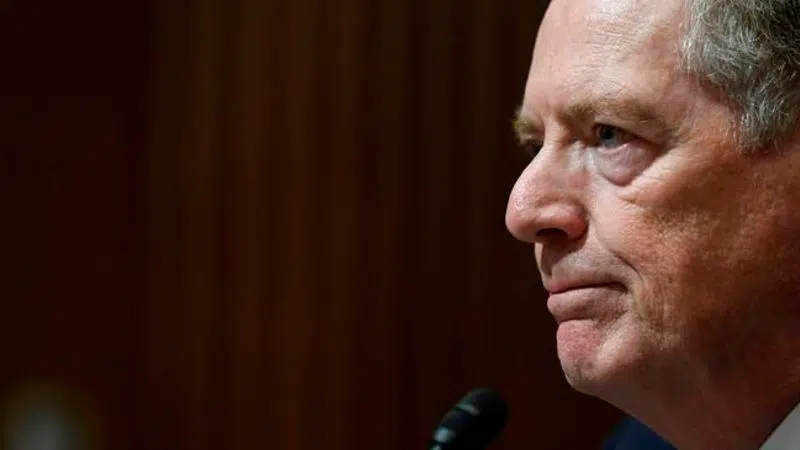
Lighthizer agrees to do whatever it takes to get new NAFTA passed
OTTAWA — Two days before Prime Minister Justin Trudeau’s arrival at the Oval Office, U.S. trade czar Robert Lighthizer has pledged to work with Democrats to do whatever it takes to ratify the new North American free trade deal.
Lighthizer made the comments in testimony Tuesday before the U.S. Senate finance committee as part of the Trump administration’s push to get the United States-Mexico-Canada Agreement ratified by a divided Congress.
Lighthizer’s appearance on Capitol Hill comes as Trudeau prepares to meet President Donald Trump at the White House on Thursday to give impetus towards ratifying the deal. The leaders of Canada, the United States and Mexico signed the agreement last fall, but the election clocks in all three countries are ticking loudly towards looming political deadlines.
Oregon Sen. Ron Wyden, the ranking Democrat on the committee, said the new deal has “weak enforcement” provisions on raising labour standards in Mexico that he and his party want to fix.

